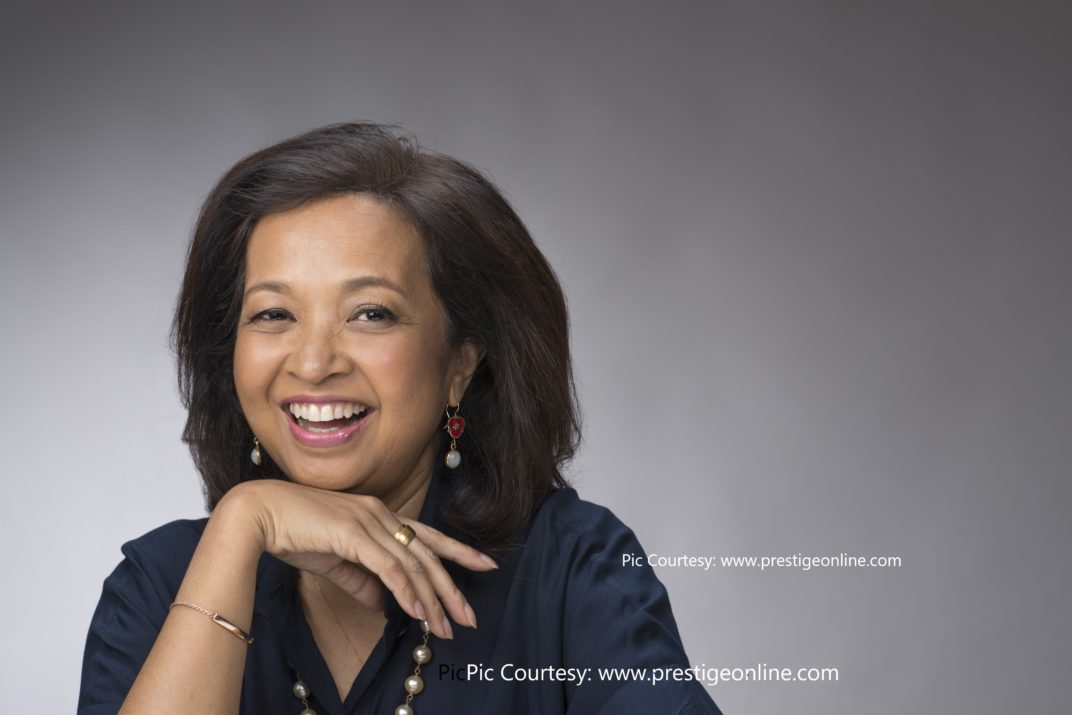Datin Paduka Marina Mahathir, noted socio-political activist and writer, believes that things have changed for the better in the past decade, but more needs to happen in the area of gender balance. In Asia, particularly workplaces need to clearly define sexual harassment at workplaces and ensure that there are legal remedies available through legislations, if required.
What according to you are the successes of gender equality movement which gathered momentum towards the end of the last decade?
I think the most significant event for the women’s movement is #MeToo, which brought the reality of violence  against women including sexual harassment to the forefront. It no longer became a secret that women only shared among themselves while allowing perpetrators to continue. Now we see Harvey Weinstein on trial and a lot of others being called out for similar behaviour. The only thing is it’s not quite translating in Asia, where we live, although there have been some successes. In India, the Supreme Court found the perpetrators of the rape and murder of the medical student guilty and has handed down death sentences on them. In Japan there have also been charges of sexual harassment of women especially job-seeking university students and protests against sexist rules for women, for example requiring them to only wear high heels at work. In Malaysia there have been a few cases of complaints against sexual harassers. But they’re probably still the tip of the iceberg. Men are not generally behaving better yet towards women.
against women including sexual harassment to the forefront. It no longer became a secret that women only shared among themselves while allowing perpetrators to continue. Now we see Harvey Weinstein on trial and a lot of others being called out for similar behaviour. The only thing is it’s not quite translating in Asia, where we live, although there have been some successes. In India, the Supreme Court found the perpetrators of the rape and murder of the medical student guilty and has handed down death sentences on them. In Japan there have also been charges of sexual harassment of women especially job-seeking university students and protests against sexist rules for women, for example requiring them to only wear high heels at work. In Malaysia there have been a few cases of complaints against sexual harassers. But they’re probably still the tip of the iceberg. Men are not generally behaving better yet towards women.
At the start of this decade, what would be your three priorities for gender equal workplaces?
Firstly, a Sexual Harassment Act which would clearly define what is sexual harassment and which outlines the sort of punishments that harassers will get. Secondly, amendments to the Islamic Family Laws towards greater equality between men and women because the inequality inhibits women from achieving their true potential at work and from becoming more independent and thirdly, more pro-active measures to diversify the workplace and elevate women and give them their due. Oh yes, an end to ‘manels’, discussion panels where there are no women at all.
How important is the role of men in this movement and what according to you should organisations do to involve them?
I have always believed that gender stereotypes do not benefit men because they put the burden of providing for the family entirely on their shoulders while absolving them from the responsibility of being present fathers to their children. Men are losing out on the joys of being with their children because of work. So, what we deem as ‘women-friendly-policies such as creches at work are also ‘men-friendly’ because who says that men can’t use the same facilities for their children instead of always leaving it to their wives? But I think younger men are changing these stereotypes of masculinity and fatherhood and becoming more involved. And these would be good role-modelling for their own children, especially sons, to see fathers involved in their upbringing.
How important is the concept of “Sisterhood” in accelerating change?
Very important. Unfortunately, there often isn’t enough solidarity among women in trying to solve problems that affect all of them, regardless of class. I’ve heard of women entrepreneurs who are the worst when it comes to giving maternity leave to their employees, as if they have never faced the same issues themselves. There are lots of successful women who do not want quotas for women, arguing that if they can do it, why can’t others? They are assuming that every woman is playing on a level playing field even with other women. And I don’t believe that any of them had it easy so why not empathise with other women and help them too. There are so many top women who refuse to be a role model for young women because they ‘don’t want to be seen as women’. But then who are young women supposed to look up to if all they see are men? So yes, sisterhood, solidarity with one another, is very important.
Do you think we need a young champion like Greta Thunberg for this cause as well?
Yes! Because we need to galvanise young people and they look up to people who are close to their age and speak like them. A few years ago, when Emma Watson declared she was a feminist, many young girls did the same. So, these young leaders have great influence.


